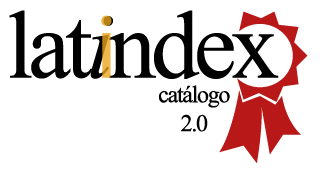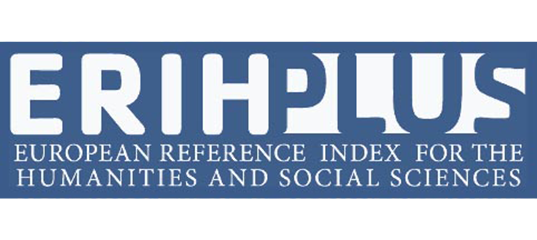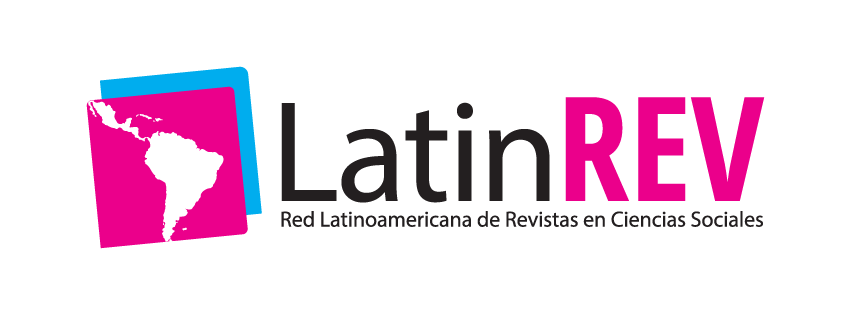Machine Learning to Evaluate Accounting Education and its Impact on Tax Compliance of Conventional Taxi
DOI:
https://doi.org/10.46480/esj.9.1.197Keywords:
Machine learning, accounting education, tax compliance, organizational culture, integrated perspective, educational technologyAbstract
Context: This article evaluates the use of Machine Learning to strengthen accounting education and improve tax compliance in the conventional taxi company "Cultura Machalilla COMTACULMA S.A", recognizing the importance of technology in accounting management. Methodology: A mixed methodological approach was implemented combining qualitative and quantitative techniques, working with an intentional sample of 32 company collaborators. Interviews and focus groups were conducted and analyzed through thematic analysis. Results: The study showed that accounting education represents a critical factor that directly influences tax compliance. It was found that accounting training has a positive impact on workers' tax compliance. The need to implement models to detect accounting weaknesses, establish training programs, and use technology in the accounting field was identified, also highlighting the importance of creating an environment that motivates employees to fulfill their tax obligations. Conclusions: Based on the findings, a proposal was developed to implement machine learning tools that allow analyzing information on financial compliance and improving accounting information management, adopting a holistic perspective to address tax compliance and improve employee education.
Downloads
References
Chen, L., & Li, X. (2020). The role of machine learning in ac-counting education: A review. International Journal of Ac-counting Information Systems, 34, 100-115.
Creswell, J. W., & Poth, C. N. (2021). Qualitative inquiry and research design: Choosing among five approaches (4th ed.). Sage Publications. ISBN 978-1544332165.
Davis, M. (2020). The future of tax compliance: Insights from machine learning. Tax Journal, 12 (2), 78-92.
García, M., & Martínez, P. (2023). Predictive models in ac-counting education: Enhancing problem-solving skills. Jour-nal of Business Research, 140, 456-470.
Johnson, K. (2022). Innovations in accounting education: The future of machine learning. Journal of Educational Tech-nology & Society, 25 (3), 210-225.
Kumar, A., & Singh, R. (2022). Personalized learning in ac-counting education through machine learning. Accounting Education: An International Journal, 31 (2), 145-160.
Lopez, R., & Torres, S. (2021). Immersive learning in accounting: The impact of machine learning simulators. Journal of Ac-counting Education, 54, 100-115.
Martin, J. (2022). The impact of technology on tax compli-ance strategies. International Journal of Public Sector Management, 35 (5), 600-617.
Martínez, A., García, P., & Lopez, R. (2022). Training and its impact on tax compliance: A study of the service sector. International Journal of Public Sector Management, 35*(4), 456-470.
OCDE. (2022). Tax compliance and business sustainability: A global perspective. OECD Publishing.
Patel, N., & Verma, S. (2021). Data analytics in accounting: A new paradigm for learning. International Journal of Ac-counting & Information Management, 29 (4), 543-559.
Robinson, L. (2023). Enhancing accountability in taxi compa-nies through machine learning. Journal of Business Ethics, 162 (1), 111-125.
Smith, J., & Johnson, L. (2021). The impact of accounting knowledge on tax compliance: Evidence from small busi-nesses. Journal of Business Research, 128, 123-130. [Scopus]
Smith, J., Brown, T., & Williams, E. (2023). Barriers to implement-ing machine learning in accounting education. Account-ing Horizons, 37 (1), 45-62.
Thompson, R. (2023). Machine learning and its role in modern accounting practices. Review of Accounting Studies, 28 (2), 345-367.
Wang, T., & Liu, Y. (2023). The role of digital education tools in enhancing accounting knowledge and tax compliance. Journal of Accounting Education, 62, 45-60.
Wang, T., & Zhao, Y. (2021). Machine learning applications in financial auditing. Auditing: A Journal of Practice & Theory, 40 (1), 67-85.
White, A., & Green, B. (2020). Leveraging data analytics for tax compliance in transportation services. Journal of Transport Economics and Policy, 54 (3), 345-362.
Zhang, Y., Chen, H., & Liu, J. (2021). Machine learning tech-niques for tax compliance prediction. Journal of Account-ing Research, 59 (4), 1234-1260.
Downloads
Published
Issue
Section
License
Copyright (c) 2025 ada ad

This work is licensed under a Creative Commons Attribution-NonCommercial-NoDerivatives 4.0 International License.
Authors retain the copyright of their articles and are therefore free to share, copy, distribute, perform, and publicly communicate their work on their personal websites or in institutional repositories after its publication in this journal, provided that full bibliographic information is given to acknowledge its original publication.































